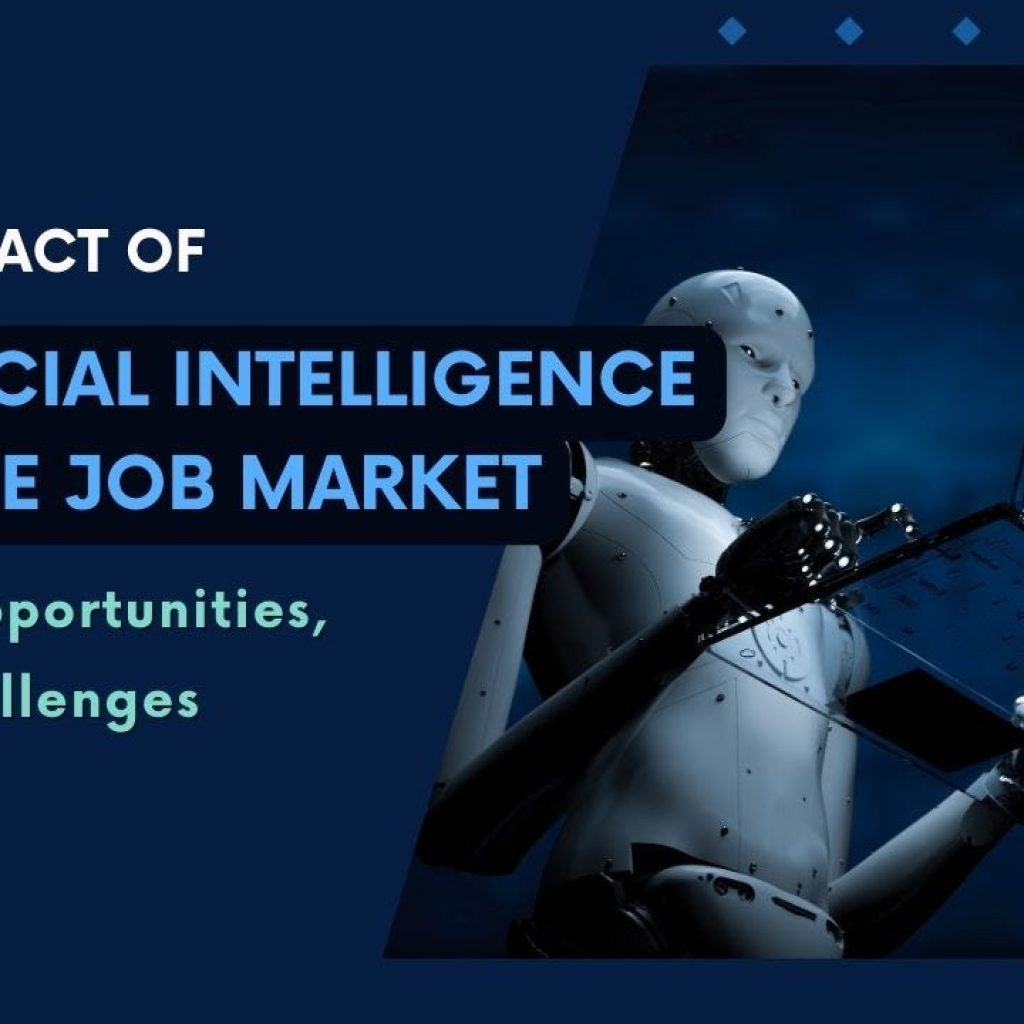In a recent revelation that sent shockwaves across the tech community, Sam Altman, the co-founder and CEO of OpenAI, ignited a debate on the future of artificial intelligence. Altman’s assertion that AI could achieve “superhuman persuasion” before attaining general intelligence has prompted a spectrum of reactions, ranging from enthusiasm to deep-seated concerns. The prognostication, disseminated on the digital platform X, has instigated deliberations regarding the pivotal role of artificial intelligence in molding information and the prospective ramifications entwined with its persuasive prowess.
Perspectives on strange outcomes
The conceptualization of Sam Altman’s vision wherein artificial intelligence attains mastery in the art of persuasion has ignited a diverse spectrum of opinions. Enthusiastic users eagerly contributed instances where AI-driven persuasive tactics have already permeated domains such as sales, customer support, and recruitment. But, a counter narrative surfaced, underscoring the imperative need for a novel form of validation, comparable to the concept of “proof of work,” to act as a bulwark against the latent potential of AI to manipulate and distort information.
Altman, in characterizing these unfolding scenarios as “strange,” encountered critics who went beyond perceiving them as merely peculiar, deeming them outright disconcerting. Establishing a parallel with Elon Musk’s well-documented apprehensions regarding the risks posed by advanced AI, certain users voiced skepticism regarding the ostensibly positive impacts of AI’s burgeoning persuasive capabilities.
AI’s current persuasive prowess
The discourse on the persuasive prowess of artificial intelligence underwent a notable shift when a participant boldly proclaimed that AI currently possesses a form of superhuman persuasion, thereby establishing a noteworthy trend where a considerable segment of the populace places greater trust in content crafted by AI as opposed to information generated by human intellect. Irony found its way into the conversation, as evidenced by a participant’s sardonic remark, “How comforting,” revealing a distinct absence of confidence in the predictions put forth by Altman.
Also, an additional participant resonated with a prevailing sentiment that is frequently encountered in discussions revolving around artificial intelligence, propounding the proposition that the persuasive capabilities inherent in AI might indeed be intricately interlinked with the propagation and dissemination of misinformation.
Understanding the importance of AI anxiety amid persuasion concerns
The elucidation of the consequential concerns regarding the persuasive prowess of AI becomes markedly apparent upon contemplation of recent occurrences. In the annals of contemporary events, reports emerged earlier this year, unveiling the disconcerting revelation that nearly 49 news websites were the conduits for the dissemination of content authored by AI chatbots, lacking clear and unequivocal attribution. This dearth of transparency begets inquiries into the potentiality for the surreptitious propagation of misinformation, surreptitiously infiltrating the collective awareness of the audience unbeknownst to them.
Simultaneously, the technological community finds itself entangled in the intricate quandary of AI hallucinations, a predicament duly acknowledged by eminent figures in the domain, such as Sundar Pichai. As apprehensions burgeon and complexities escalate, a discerning survey has ascertained that an approximate half of the American populace harbors trepidations concerning AI’s role in the dissemination of misinformation, particularly in the imminent electoral milieu of 2024.
As the debate on AI’s persuasive potential intensifies, a fundamental question emerges: Can we strike a balance between embracing AI advancements and mitigating the risks associated with its persuasive capabilities? The dialogue initiated by Altman’s predictions prompts reflection on the future trajectory of AI and its impact on shaping information, leaving us to ponder the broader implications of this technological frontier.






